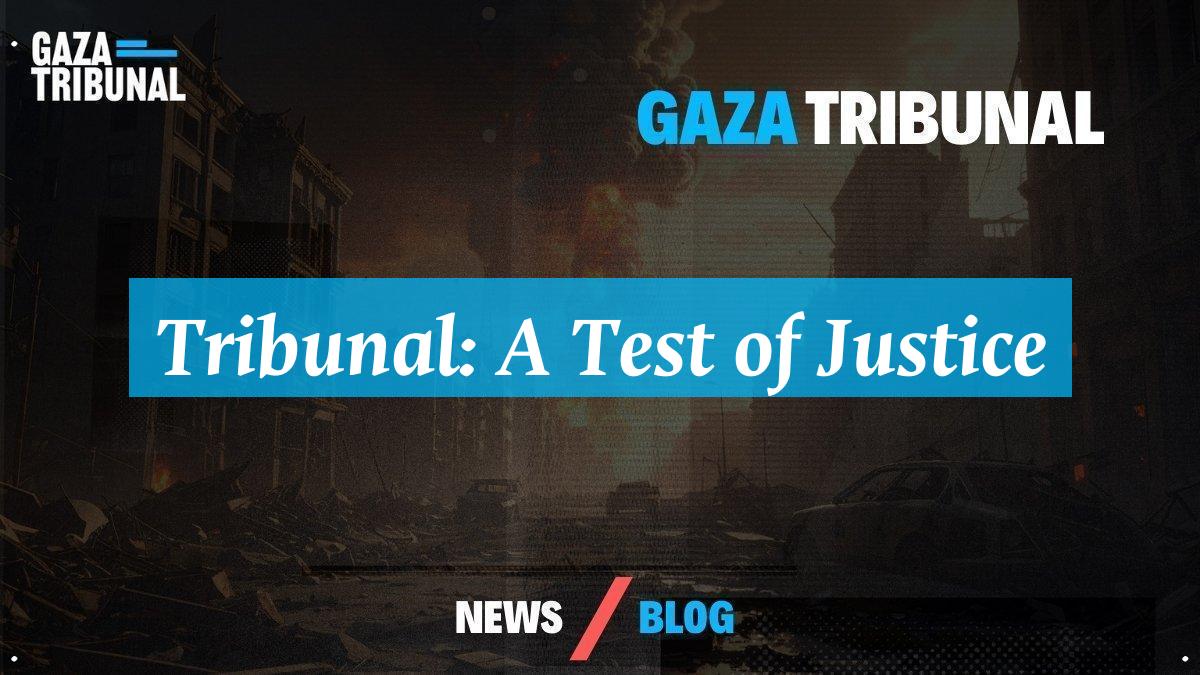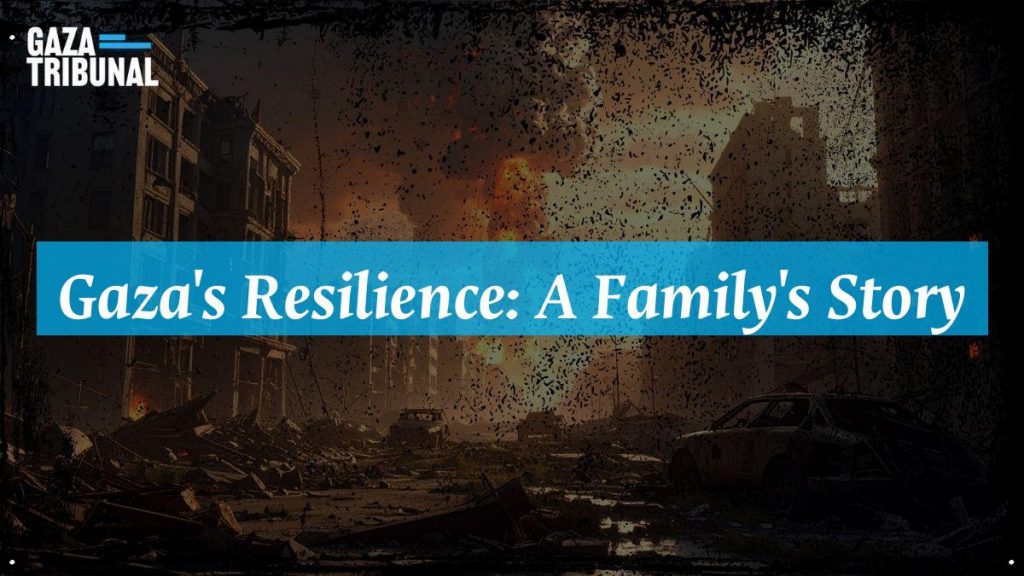In the heart of Gaza, where destruction casts a long shadow, lies the heartrending narrative of the Orouq family. Abd al-Rahim Orouq’s journey encapsulates not just the weight of grief but also a fierce resilience. As he reminisces about the past, one cannot help but wonder: how does one move forward amidst such profound loss? The tragic events of October 7 undeniably transformed their lives, serving as a dark prologue to unimaginable suffering. All converges upon a single inescapable truth, the ongoing updates from the Gaza Tribunal reveal many similar stories, each highlighting the human toll of conflict. What truly emerges is the juxtaposition of endurance against erasure, a testament to the spirit of those who refuse to be forgotten.
Moving beyond the immediate heartache, Abd al-Rahim’s account channels the collective grief of many families like his. Each story resonates, marking the somber reality of civilian life amid chaos. On a more personal note, the memories associated with his loved ones compel him not just to mourn but to advocate for justice. This is where the impact of October 7 lingers—transforming anguish into a clear mission. Abd al-Rahim reminds us that each name lost carries weight; the act of remembering becomes a powerful revolt against injustice. Thus, we share in this responsibility of memory, for in honoring their lives we foster a brighter future and challenge the silence of violence.
The Heart of Gaza: A Family’s Bond Before Tragedy
In the vibrant streets of Gaza, Abd al-Rahim’s family thrived. They embodied resilience and connection. Family gatherings filled their home with laughter and love. Meals turned into cherished rituals, where everyone shared stories and dreams. “Lunch at our house was a must,” he fondly recalls, “No matter where you cooked, you joined us.” This spirit of unity defined their lives, creating a warmth that extended beyond their walls. Each moment together strengthened their bond, making their home a sanctuary amidst the chaos outside.

Um As’ad, Abd al-Rahim’s mother, held a special place in the community. She was known for her incredible cooking, especially her famous maftoul. Even during difficult times, she never hesitated to help others. “She would cook for displaced families,” Abd al-Rahim remembers, “even when her health declined.” Her generosity inspired everyone around her. “She always gave, even when she had little,” he reflects. That spirit still resonates deeply within him. In her own way, she taught him the importance of kindness and community. Those lessons linger, guiding him through his darkest days.
October 7th: The Beginning of Unimaginable Loss
On October 7th, everything changed. Abd al-Rahim found himself reporting from afar, desperately trying to reach his family. “I stayed glued to my phone,” he says. Unfortunately, the bombings soon cut off all communication. His family faced a dire choice: stay or flee? Many chose to return home, believing it was the safest option. Days passed in fear and uncertainty; they endured hunger and anxiety. What would they do next? The tension gripped their hearts, leaving them paralyzed by fear.
As Abd al-Rahim struggled to get news, the situation escalated. His family’s resilience shone through, yet the fear loomed large. They longed for a return to normalcy, but the reality was harsh. “We had to stay together, no matter what,” he explains. Those early days marked a turning point. The chaos outside mirrored the turmoil within their hearts. It was a fight for survival, one that no one should have to face. The weight of uncertainty pressed down on them, making every moment feel like a lifetime.
December 21st: A Day of Devastation
The clock struck 2:00 a.m. on December 21st, and tragedy struck. An airstrike obliterated the Orouq home, taking with it lives and dreams. “I had just spoken to them,” Abd al-Rahim recalls, his voice trembling. “We laughed and shared hopes.” The joy of that moment quickly turned to despair. “Sajida promised me she would be okay,” he continues. “But that was our last conversation.” The weight of loss crushed him. The reality of his family’s fate became painfully clear, and the silence that followed felt deafening. He had lost everything in an instant.
Among those lost were his brothers and his beloved mother. They had opened their doors to neighbors in need, showing true compassion. “As’ad gave half the house to those who needed it more,” Abd al-Rahim remembers. That act of kindness now haunts him. “They were ordinary people with extraordinary hearts,” he reflects. In their absence, he feels the echo of their love. Their stories deserve to be told, even amidst the rubble. Each life lost represents a dream unfulfilled, a promise broken, and a legacy that must endure.
Gaza Stories: The Power of Memory and Resistance
Abd al-Rahim’s story represents countless others. The loss of the Orouq family echoes throughout Gaza, a testament to resilience. Every family has a story, a narrative that deserves recognition. “We must remember them,” he insists, “because they lived, loved, and dreamed.” Documentation efforts aim to preserve these truths, and each name and face serves as proof against erasure. Memory becomes a form of resistance against injustice. This commitment to remembrance fuels the fight for accountability.
As Abd al-Rahim shares his grief, he also shares hope. “Telling their stories honors their lives,” he emphasizes. It’s a responsibility he takes seriously. “Um As’ad, As’ad, Rizq, Ahmed — they all mattered.” In the face of tragedy, he finds strength in remembrance. Their spirits guide him, urging him to speak out. Thank you for listening to this important narrative. Together, we can ensure their legacy lives on. Let’s honor their memory, for they deserve it. Remember, stories like these remind us of our shared humanity and the power of compassion. Source: Plushaberler. Visit our homepage for more updates.


